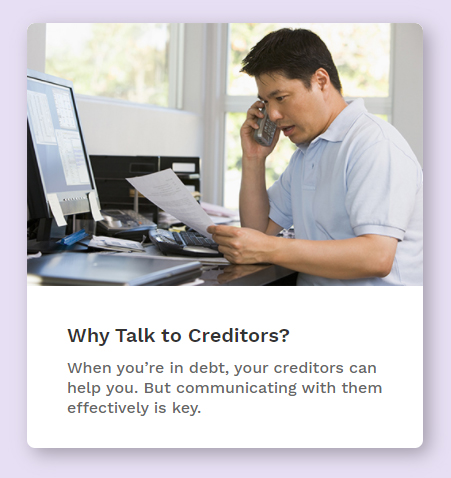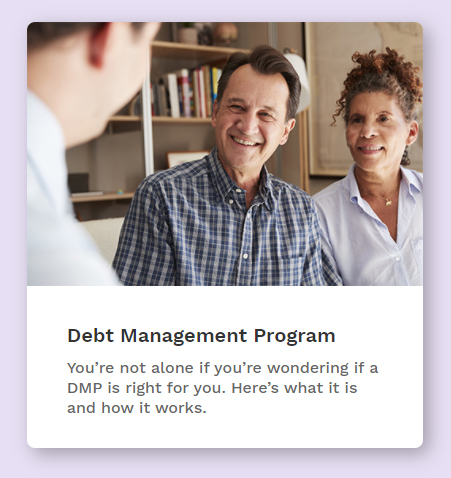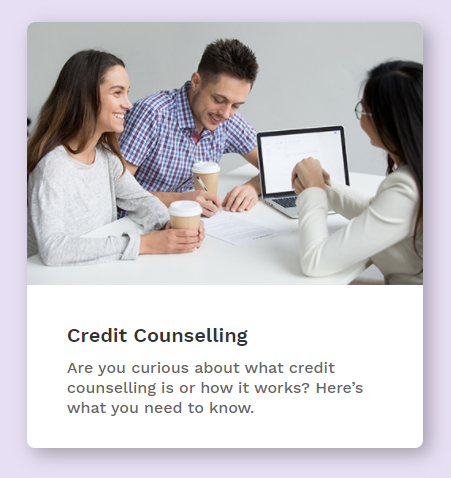When Paying Off Debt – If It Sounds Too Good to Be True, Get the Facts First
 Q: I owe about $25,000 on my credit cards despite earning a good salary. I’m not that good with money, and I’ve noticed that my balances keep creeping up. I heard an ad on the radio that said if I owed $20,000 I could be debt free in about 3 years, with a monthly payment as low as $160.00. Is this true and is this a good way to pay off debt?
Q: I owe about $25,000 on my credit cards despite earning a good salary. I’m not that good with money, and I’ve noticed that my balances keep creeping up. I heard an ad on the radio that said if I owed $20,000 I could be debt free in about 3 years, with a monthly payment as low as $160.00. Is this true and is this a good way to pay off debt?
A: I’ve heard similar ads too, and they refer to a program called a Consumer Proposal, which is administered by Bankruptcy Trustees. Consumer Proposals are intended to help people who cannot repay their debts in full within a reasonable period of time, or who don’t have assets they could sell to repay their debts.
What Is a Consumer Proposal?
When considering a serious financial decision like a Consumer Proposal, it’s important to have all the facts. For starters, a Consumer Proposal isn’t a slam dunk; your creditors must approve your proposal before it goes ahead. There are strict conditions under this program that outline how much of your paycheque and assets are available to repay your debts.
Depending on your circumstances, a proposal can last as long as 5 years and require that you repay your debts in full. If your situation changes and you default on your proposal payments, you can’t file another Consumer Proposal and may need to declare bankruptcy. A Consumer Proposal is a matter of public record, so it will have a serious impact on your credit rating while you are on the program and for a time after completion (3 years after completion or 6 years from the date the proposal was file, whichever comes first).
Related: Consumer Proposals in Canada
Is a Consumer Proposal the Right Option for You?
While a Consumer Proposal might be the right solution to get rid of your debts, it doesn’t address the root causes of your situation. Before you can determine the right course of action to take, you need to understand why you continue to struggle with debt.
Here are some questions to ask yourself:
- Are you using a monthly budget to manage your income and expenses?
- Do you set money aside in savings for emergencies, seasonal/annual expenses?
- Do you have specific financial goals with time lines to achieve them?
- What are the non-financial issues that have contributed to your situation?
There are many ways to deal with debt, including several different debt consolidation options. Getting more information about all of your options will allow you to make an informed decision that you can live with in the long run.
Good Money Management Habits & Skills to Become Debt Free
Many people struggle with debt and becoming debt free because they never developed good money management habits and skills. Money affects virtually every aspect of our lives, so it’s no wonder that when we struggle with debt that it also affects our work, personal relationships and overall well-being.
As you work on gaining a clear understanding of what caused your financial difficulties, you’ll be in a better position to determine which solution will help put you back in control of your finances.
Related: Tips to Use a Credit Card But Not End Up in Debt
How to Get Out of Debt and Stay Out of Debt
Have you ever been influenced by advertising that sounded too good to be true? Share you story and advise others by commenting below!







Hello! I’m at work browsing your blog from my new apple iphone!
Just wanted to say I love reading your blog and
look forward to all your posts! Carry on the excellent work!